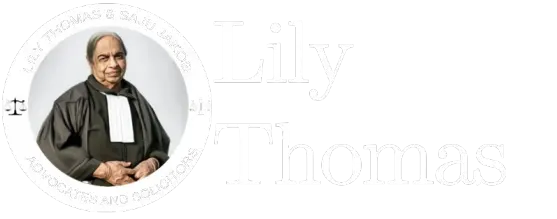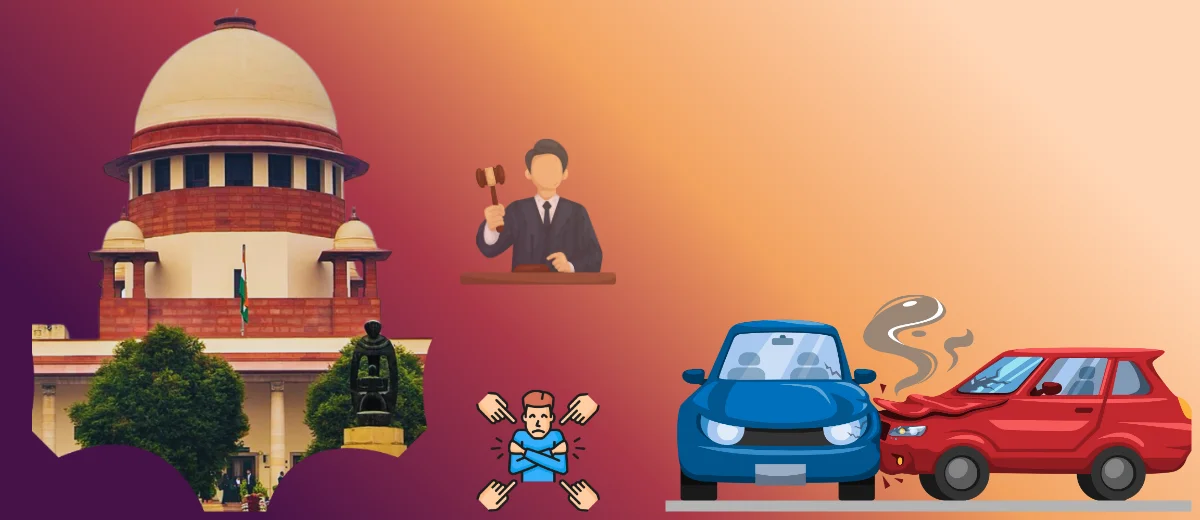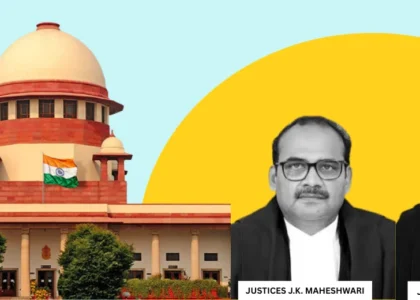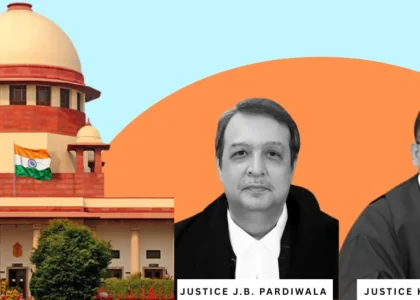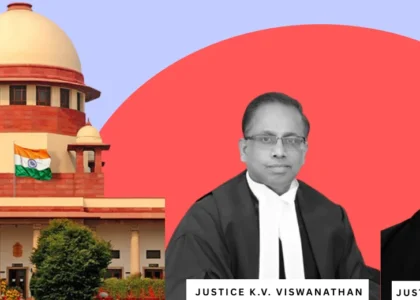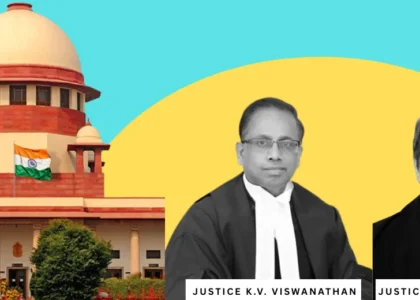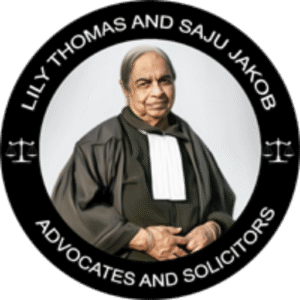Case:- Sharad Singh v HD Narang
Citation:- 2025 INSC 1164
Date:- 26.09.2025
Hon’ble Supreme Court Bench:- JUSTICE K. VINOD CHANDRAN & JUSTICE N.V. ANJARIA
The Hon’ble Supreme Court has held that minimum wages cannot be determined solely on the basis of a person’s educational qualification, without reference to the nature of work carried on. The Court was deciding a motor accident compensation case where the quantum of income was in dispute.
- A 20-year-old B.Com final-year student, who had also enrolled with the Institute of Chartered Accountants of India (ICAI), met with a motor accident in 2001. He was rendered paraplegic and remained bedridden for nearly 20 years until his death. The Motor Accident Claims Tribunal and later the Hon’ble Delhi High Court fixed his income at Rs. 3,352 per month, which was the minimum wage notified for workmen at that time. The Hon’ble High Court reasoned that although he had academic potential, he had not yet qualified as a Chartered Accountant. Therefore, his income could not be assessed at that higher level.
- The Hon’ble Supreme Court disagreed with this approach. It observed that minimum wages cannot be decided based only on educational qualifications without considering the nature of the actual work the person would have performed. The Hon’ble Court also said it would not be proper to adopt the wages of a skilled worker in this situation, since the student had not yet started working.
- Considering that the victim was pursuing graduation in commerce and had enrolled with ICAI, the Court said it was reasonable to assume that he would have found work as an accountant after completing his graduation. The Hon’ble Court fixed his monthly income at Rs. 5,000 in 2001, which it found to be a fair and realistic figure. It also added 40% towards future prospects. Since the victim’s parents had incurred huge medical expenses during his 20 years of treatment, the Hon’ble Court directed the insurance company to pay an additional Rs. 20 lakhs towards verified medical costs.
- The Hon’ble Supreme Court clarified that when assessing income for motor accident compensation, courts should not strictly rely on minimum wage notifications. Instead, they must consider the realistic employment prospects of the victim, based on education, background, and reasonable expectations.

